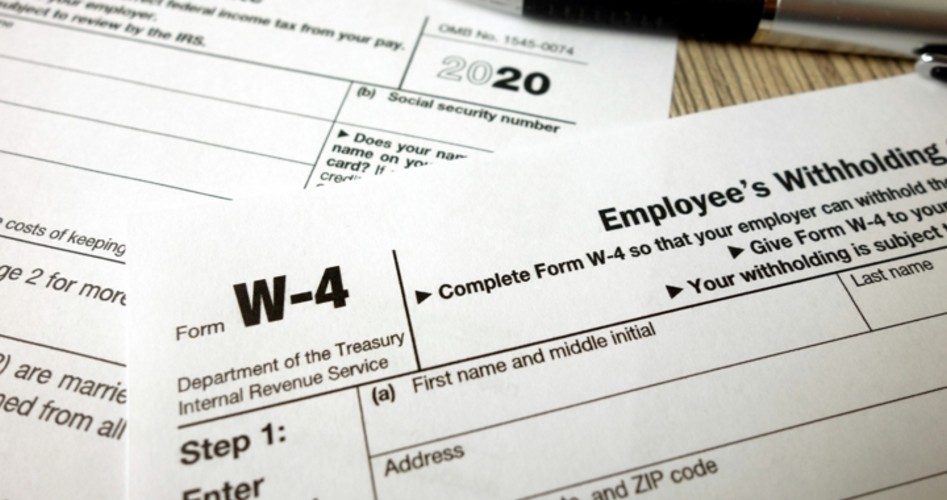
In the case of Kansas v. Garcia, the Supreme Court in a 5-4 ruling on March 3 overturned a 2017 Kansas Supreme Court decision that had voided the convictions of three illegal aliens who fraudulently used other people’s Social Security numbers. The three workers — Ramiro Garcia, Donaldo Morales and Guadalupe Ochoa-Lara — were not authorized to work in the United States and provided their employers with Social Security numbers that were not their own.
The Kansas Supreme Court had voided the convictions of the three restaurant workers and found that a 1986 federal law called the Immigration Reform and Control Act (IRCA) prevents states from pursuing such prosecutions. All three convictions were initially upheld by the Kansas Court of Appeals, but the Kansas Supreme Court reversed the decisions.
The state of Kansas appealed the state supreme court’s ruling to the U.S. Supreme Court, arguing that it would undermine the state’s ability to combat identity theft.
Reuters summarized the case as being focused on the employment verification process under federal immigration law, which requires employers to attest on an I-9 form that an employee is authorized to work. The law also states that the form “may not be used for purposes other than for enforcement of this act.”
While the federal government has the sole authority to prosecute individuals for providing fraudulent information during the I-9 employment verification process, observed Reuters, the state of Kansas prosecuted the three men for using the false Social Security numbers on other forms (the W-4 and K-4) used to withhold wages for tax purposes.
As was noted in the text of the case before the Supreme Court, “the I-9 forms and appended documentation, as well as the employment verification system, may only be used for enforcement of the Immigration and Nationality Act or other specified federal prohibitions…. IRCA does not directly address the use of an employee’s federal and state tax-withholding forms, the W-4 and K-4 respectively.”
The three workers convicted in Kansas had not been charged with violating federal law, but state law, however. As the argument before the High Court stated:
Kansas makes it a crime to commit “identity theft” or engage in fraud to obtain a benefit. Respondents, three unauthorized aliens, were tried for fraudulently using another person’s Social Security number on the W-4’s and K-4’s that they submitted upon obtaining employment.
In their judgment, the five Supreme Court justices in the majority stated their reasons why the state of Kansas was authorized to prosecute the defendants, among them being the rejection of the assertion by the respondents (Garcia, Morales, and Ochoa-Lara), that Kansas law against providing false information on the forms was preempted by federal law. For these reasons, noted the five justices, “the judgments of the Supreme Court of Kansas are reversed, and these cases are remanded for further proceedings not inconsistent with this opinion.”
Justice Samuel Alito filed the opinion for the majority, which was joined by justices Clarence Thomas, John Roberts, Neil Gorsuch, and Brett Kavanaugh.
Justice Stephen Breyer filed the dissenting opinion, in which Justices Ruth Bader Ginsburg, Sonia Sotomayor, and Elena Kagan joined.
Image: Piotrekswat via iStock / Getty Images Plus
Warren Mass has served The New American since its launch in 1985 in several capacities, including marketing, editing, and writing. Since retiring from the staff several years ago, he has been a regular contributor to the magazine. Warren writes from Texas and can be reached at [email protected].
Related articles:
Illegal Aliens Arrested in Mississippi Raid Stole Identities of 400 Americans
Mexican Illegal Alien Used Identity Theft to Steal $360,908 in Government Benefits
Giving Driver’s Licenses to Illegal Aliens Makes Illegal Voting a Real Possibility
Vote Fraud Monitoring Group Says Three Million Noncitizens Voted in Presidential Election



